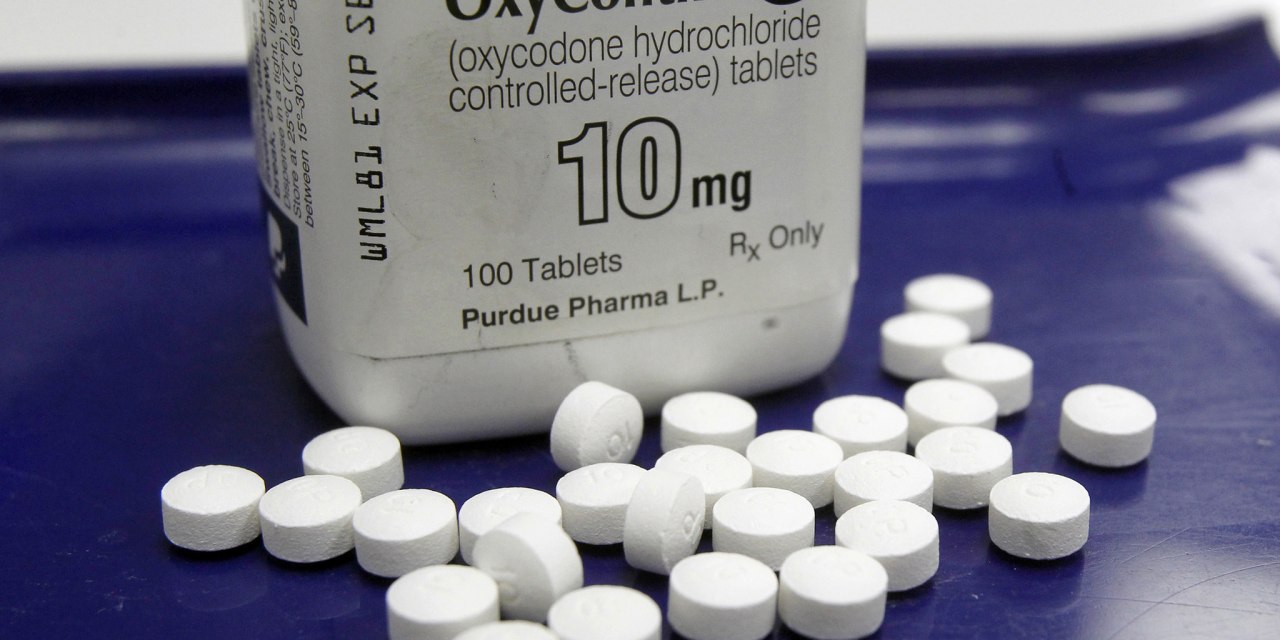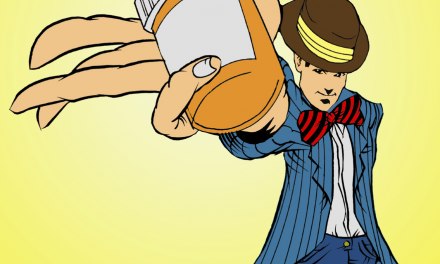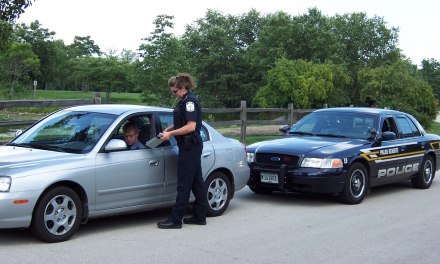A status report on the prospects for a settlement between the plaintiffs and the Sackler family:
Former Purdue Pharma chair denies responsibility for US opioid crisis
Here’s the 76 year-old former President and Chairman of the Board of Purdue Pharma, Richard Sackler, informing the Court that neither he, his family, nor the corporation they own bore any responsibility for the epidemic of opioid abuse that has plagued the nation since the late 1990’s.
“No,” was his response when asked the question. Nope, nada, nein.
Well, at least he’s not one to waste words.
This doesn’t make much sense given that they’ve already agreed to a settlement involving some $4.5 billion dollars in cash and control of charitable funds. Also to renounce control of the firm the family built into a serious player in the world of Big Pharma – mostly by hawking opioids to the rest of us.
Would anyone who truly believed they weren’t responsible for any of that, then turn around and voluntarily surrender control of a business empire and all that money?
No way, Jose.
Of course, there’s a trade-off: it’s the only path that allows the family to hang on to the bulk of their fortune, And to avoid a multitude of other lawsuits that are bound to come their way.
The weird part is that this is all taking place in bankruptcy court, not the civil or criminal courts. The Sackler legal team apparently worked long and hard to achieve that end. It’s a way to keep their clients out of jail wile remaining extremely wealthy.
The Sacklers’ legal representatives have made it clear that the family will consent to the deal only with satisfactory guarantees of immunity from those future legal problems. That includes anything having to do with the painkillers that the firm made, marketed, and drew enormous profits from. It doesn’t apply to criminal charges, but apparently those aren’t on the horizon anyway.
To the general public, it can seem like they’re getting away with murder. I have read expert opinions to the effect that as such settlements run, this one isn’t that bad a deal. The families of victims will get at least part of the money, and the rest will supposedly go to treatment for opioid disorders. Still, the part about virtual immunity from further actions? Sounds like they’re getting away with murder.
As for Richard Sackler’s laconic responses, my guess is he’s simply following the advice of his attorneys (and possibly a highly paid crisis consultant ). It’s a strategy we’ve seen employed over and over in recent years – total denial of responsibility as a first line of defense, not the last.
“Never, ever admit any wrong whatsoever,” explained one expert commentator. “Whatever the charge, however small, make the other side prove it. If they do, you can always confess later. If you absolutely must.”
Made me think of a group therapy session some years ago. An inpatient was confronted by others in the group about cheating on his diabetic diet with hidden candy and sweets. His medical condition was severe diabetes, complicated by longstanding alcoholism.
“That’s a damn lie,” he mustered up the energy to roar at them. “I would never do such a thing.”
“I saw you sneak something in the rec room last night,” replied another member. “You thought nobody was looking.”
“Ha Ha, joke’s on you,” was the sneering reply. “I was just taking herbal lozenges for my sore throat. Sugar-free, smart guy.”
Which led a third group member to sigh, dip into her purse, and come up with a half-empty bag of Hershey’s Kisses. “Your roommate found these in your bedside table while you were at breakfast.”
That stopped him. Then, grudgingly: “well, if you already knew I was lying, why didn’t you just say so? Why torture me?”
Now that fellow would have made a good defendant.
The Washington Post Editorial Board noted that “Purdue captured the regulatory process, promoted questionable pro-opioid science in conferences and medical journals, and overwhelmed doctors with direct-to-physician marketing. It cannot be said too often that the opioid epidemic began with legal drug use.”
Indeed it did. And not for the first time, or the last. Now that the Sacklers have shown a way to avoid the consequences, and keep the profits.












